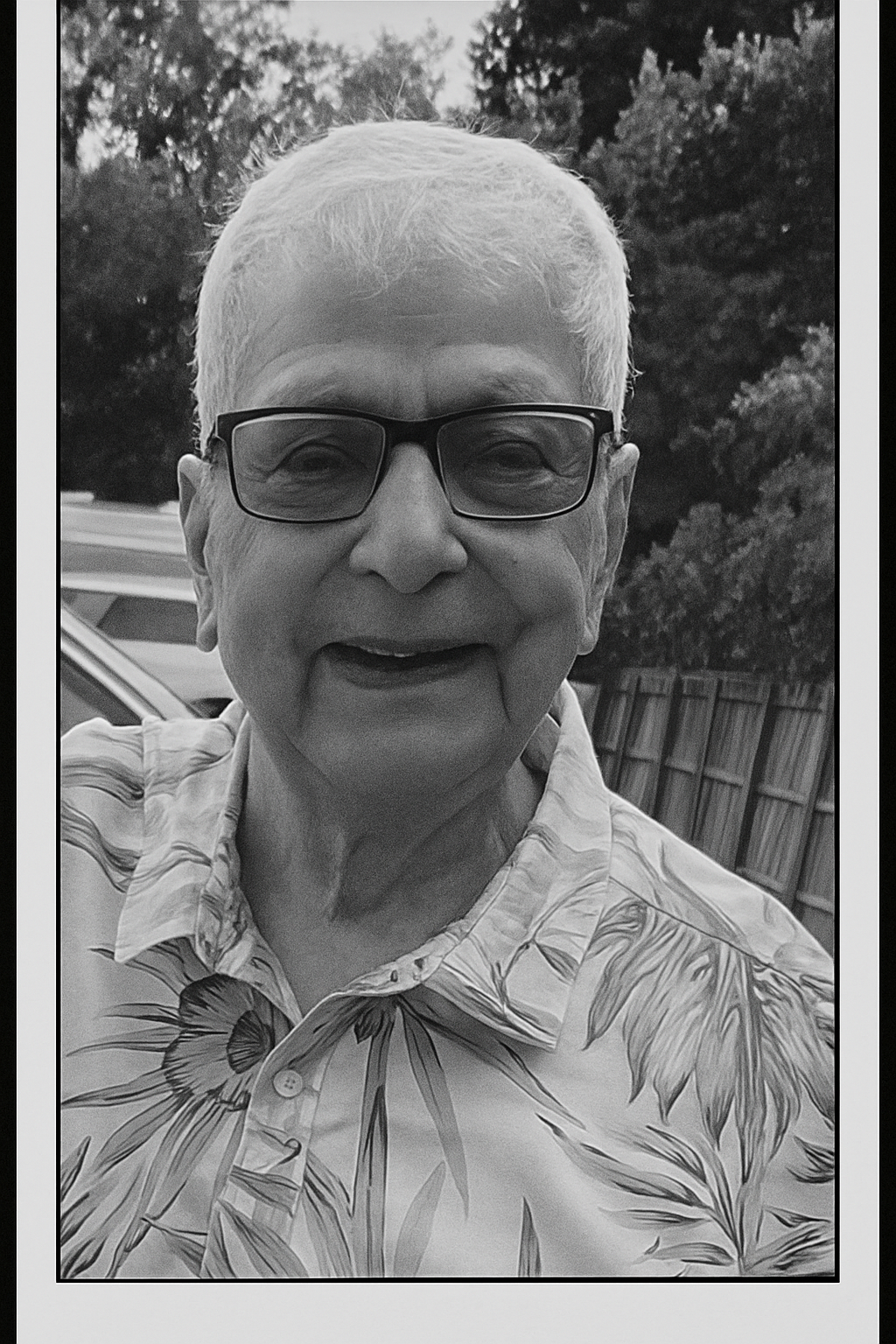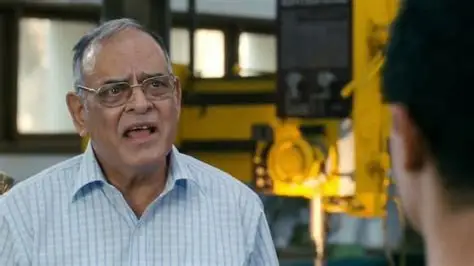I looked at my Facebook Messenger to close it as it was disturbing me. I am not active on Facebook, so I don’t frequent it. As I was closing, something pinged. I opened it up and saw a missed call and a message, ‘Usha di baba is not with us anymore.’ It was a message from Kalpana, Achyut Kaka’s eldest daughter. I was shocked. I knew her parents were in Australia with her. Dada, as we all called him, had a heart condition. I called back to get some details. Kalpana started crying as she gave the details. As is often the case with internet connections, the call was not very clear. Could not catch all, but the call brought back a bunch of memories like a video being reversed to the year 1960 when I met him with his family on Ekdalia Road in Kolkata (former Calcutta). He was also one of the people who had escaped Nepal with his family. He was there with their youngest daughter. We were together for a few weeks, then we had to go to Assam. After I came back to stay with Baba, I met them again.
They lived on Karaya Road. I used to spend my time with their family. Since there were families, we decided to stay together and found a house on Janak Road. The famous 27 Janak Road was the place of residence for the three families, plus many more. We lived there as a single big joint family. There were three main families. We lived with Dada’s (Achyut Raj Regmi) family and Gumba’s (Basu Kaka) family for the next 7 years. He was the next father figure after Baba and Gumba.
I remember the time when they came to Varanasi to spend some time during the 1970s. One summer evening, we all decided to visit a Jyotish. As usual, Baba and Dada asked him when Nepal would have some sort of democracy. It was on a lighter side, but the Jyotish looked at Dada and said, ‘You, my brother, are a “dal badalu” (a person who changes party), but you will do great things for the country. We left his premises, and on the way home, we all laughed because there was no inclination of his changing parties as there were no parties as yet in Nepal. A few years later, he quit the Nepali Congress and joined the Panchayat. Though he joined the Panchayat, he was still a democrat. His demise is a very big loss to me. After hearing the news, I sat reflecting.
I realized that the news of Dada’s death on July 7, 2025, at approximately 2:35 AM Australian time marked the end of an era. For those who witnessed Nepal's pivotal 1990 People's Movement, it brings to mind his often understated yet profoundly impactful role in ushering in a new democratic chapter.
“Achyut Krishna Kharel Atmakatha’ to provide insights into atte...

While the spotlight usually fell on the towering figures of the political parties and the monarch, it was individuals like Achyut Raj Regmi who served as vital conduits, navigating the delicate currents of negotiation that ultimately led to the restoration of multi-party democracy. While the negotiations were going on, I was in the USA. I found out about it in detail after I returned. While working on his autobiography, I found the details of the negotiations from Baba.
An excerpt from Yog Prasad Upadhyay (Baba’s) book offers a rare and intimate glimpse into the high-stakes diplomacy that unfolded in those tense days. It reveals Achyut Raj Regmi not just as a minister in the then-Panchayat government, but as a crucial bridge-builder, entrusted by King Birendra himself to find a way out of the political impasse.
At a time when talks between the Prime Minister Lokendra Bahadur Chand and Nepali Congress President K.P. Bhattarai had stalled, Mr. Regmi emerged as the King's direct emissary. Despite initial skepticism from the pro-democracy leaders, including Baba and Mr. Bhattarai, Regmi's persistence proved pivotal. Baba details how Mr. Regmi understood the core demand of the movement—the restoration of the "multiparty" system—and worked tirelessly to ensure its inclusion in the King's draft proclamation.
Baba’s narrative vividly describes how, in a moment of decisive insight, it was Mr. Regmi who carried the amended draft, with the crucial word "multiparty" inserted by Baba, to the Palace, securing the King's approval. This seemingly small textual change was, in fact, the linchpin that unlocked the political deadlock and paved the way for the historic declaration.
Beyond his formal role, in his book, Baba paints Dada as a man with deep personal connections across the political spectrum. His long-standing friendship with our family, forged during our shared period of exile in India, underscores the human element in those momentous times. Baba’s book also touches upon his complex yet ultimately functional relationship with K.P. Bhattarai, demonstrating how individual grievances could be set aside for the greater good of the nation.
Dada (Achyut Raj Regmi) was a testament to the fact that significant historical shifts are not solely the result of grand pronouncements but also of the tireless work of individuals behind the scenes. His role as the patient, persistent negotiator who helped bridge the chasm between the monarchy and the people's movement deserves to be remembered as a critical contribution to Nepal's democratic journey. As Nepal remembers the heroes of its democratic transitions, Achyut Raj Regmi's name stands out as one of the quiet architects who helped usher in a new dawn.
The author is an educator. She has written several children’s books. She has written for children and on parenting issues for Republica for the past 10 years. You can access her writings at https://myrepublica.nagariknetwork.com/author/1042/usha-pokharel.








































